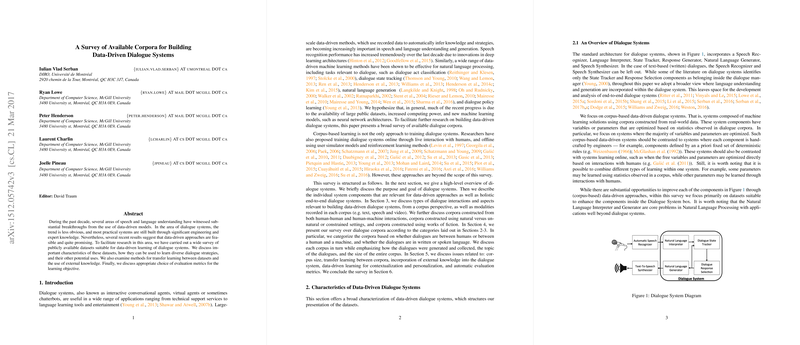A Detailed Examination of the IEEEtran.cls Template for Computer Society Journals
The document titled "Bare Advanced Demo of IEEEtran.cls for Computer Society Journals" serves as an instructional framework rather than a conventional research paper. Authored by Michael D. Shell, along with contributors tagged as John Doe and Jane Doe, this document provides a foundational starting point for individuals looking to generate papers under the IEEE Computer Society's journal guidelines using the LaTeX typesetting system. The absence of an explicit abstract and concrete scientific content indicates that the paper’s primary function is instructional, targeting authors familiarizing themselves with the IEEEtran class.
Contents Overview
After setting the stage with a brief introduction to the use of IEEEtran.cls, the paper outlines the standard sections that authors should include when preparing their manuscripts. It addresses LaTeX-specific commands, serving as an example for proper formatting and structuring of different sections in line with IEEE Computer Society norms. These include handling of titles, headings, author affiliations, and other elements that are crucial for maintaining consistency and professionalism in presentation.
Structural Elements
Key technical elements highlighted in the document include:
- Author and Affiliation Formatting: Proper structuring for including author details and their affiliations, along with itemizing corresponding authors.
- Sections and Subsections: Effective use of hierarchical sectioning commands to organize paper content.
- Incorporation of Appendices: Guidance on handling supplementary material through appendices.
- Bibliographic Entries: Standardized formatting of bibliographic entries following IEEE citation style.
Practical Implications
The document’s utility extends to ensuring compliance with IEEE formatting rules, thereby streamlining the submission process to IEEE Computer Society journals. For researchers accustomed to using LaTeX, this demonstration document serves as a quick reference to troubleshoot format-related queries and adapt their own document according to the intricate guidelines that IEEE stipulates.
Future Developments and Speculations
While the document itself does not extend into groundbreaking research or offer empirical insights, its implications are invaluable for academic and professional communities. As the IEEE and similar institutions continue to evolve their publication standards and digital repositories advance, the LaTeX templates including IEEEtran.cls will potentially adapt to integrate new bibliographic referencing styles, digital object identifier (DOI) systems, and enhanced metadata capabilities. The seamless adoption of templates like this will facilitate greater precision and efficiency in academic paper preparation, potentially leading to broader dissemination and accessibility of scholarly work.
In conclusion, the "Bare Advanced Demo of IEEEtran.cls for Computer Society Journals" provides a skeletal framework for crafting IEEE-compliant documents, catering specifically to the needs of researchers and practitioners in computer science and engineering disciplines. Its instructional merit, while not contributing new scientific insights, plays a pivotal role in upholding the publication standards that ensure clarity and uniformity across IEEE-associated scholarly communications.
